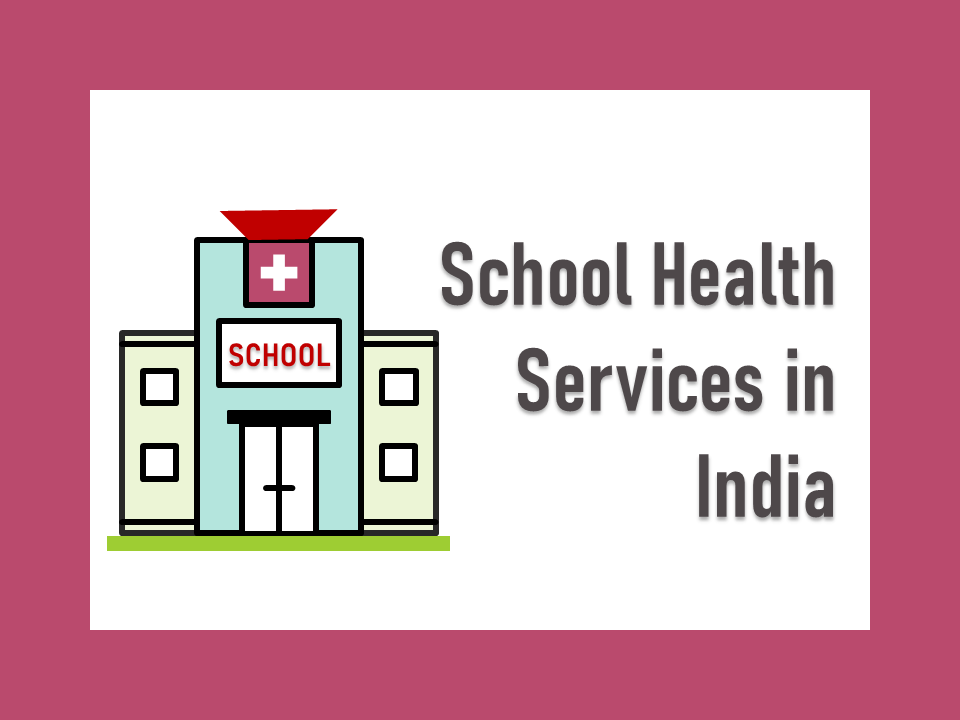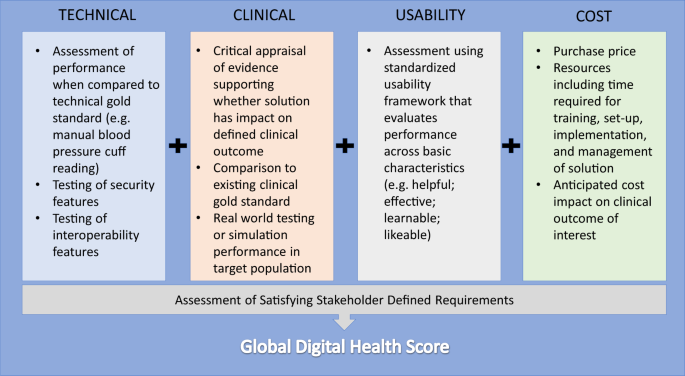
Health is not merely the absence of any disease or infirmity but a state of complete physical, mental and social well-being.
Delhi government under the leadership of Chief Minister Arvind Kejriwal came to power with a mandate to revolutionise the city’s health sector. Since then, it has brought fundamental changes to several aspects of healthcare.
Among which one noteworthy initiative is the Aam Aadmi Mohalla Clinic. At present, more than 500 Mohalla Clinics are functioning in Delhi, wherein more than 50,000 Delhiites avail their services each day, taking the cumulative OPDs to more than 5 crore. The government is further strengthening them to ensure last-mile delivery of healthcare services.
Hence, the departments of education and health of the Delhi government have come together to expand the horizons of Aam Aadmi Mohalla Clinic, giving shape to School Health Clinics.

As October 10 is recognised as World Mental Health Day, let’s consider some statistics. According to the WHO National Centre for Mental Health, India tops the list of countries with the highest number of mental and behavioural disorders. It also states that nearly half of all mental health problems begin before the age of 15.
A study by the ICMR says that in India, 12 to 13 per cent of students suffer from emotional and behavioural issues. In addition, in a survey by the Delhi State Legal Services Authority in 2015, it came to the fore that out of 225 children who dropped out of the Sarva Shiksha Abhiyan centres, 36.1 per cent were into abuse of various substances.
Taking all these into account, the introduction of School Health Clinics is path-breaking. Another reason why this concept truly stands out is that it is the first time in the country that children can avail physical and mental health services right at the school.
Initially, the School Health Clinics will be introduced in 15 government schools on a pilot basis. A Project Management Unit (PMU) has been set up to monitor them. Children usually spend about eight-nine hours in school which is a considerable amount of time.

Within these long hours, they are vulnerable to physical problems such as minor aches and fevers to injuries. They also face mental health problems which are not visible.
The society does not consider them to be real issues. Often, poor mental and physical health leads to reduced concentration, absenteeism and poor academic performance.
School Health Clinics will work at the core of all these issues. They will act as a screening and check-up centre for students of all ages and gender so that any disease can be identified at early stages and treated.

School Health Clinics seek to pair the interventions of diagnosis, treatment and prevention of mental and physical health concerns of each student. Students will be screened for more than 30 diseases, disabilities and deficiencies. Students when identified with any ailment will be presented to doctor for OPD treatment during the latter’s weekly visit to the school.
Mental healthcare will be targeted through a trained psychologist who will facilitate one-to-one interaction with students, address their traumas, if any, and teach them the coping mechanism. These sessions will also ensure a safe space for children and adolescents to communicate the issues they face with their peers or at home.
During this process, students in need of special care will be referred to secondary and tertiary facilities and will be followed up regularly. Additionally, each child will be provided with a digital health card.

The School Health Clinics will ensure the overall well-being of adolescents through primary healthcare in schools. I am certain this step will certainly revolutionise the primary healthcare system, not only of the national capital but the whole country.
Also Read : Engineer’s Day ; Theme And Significance.









